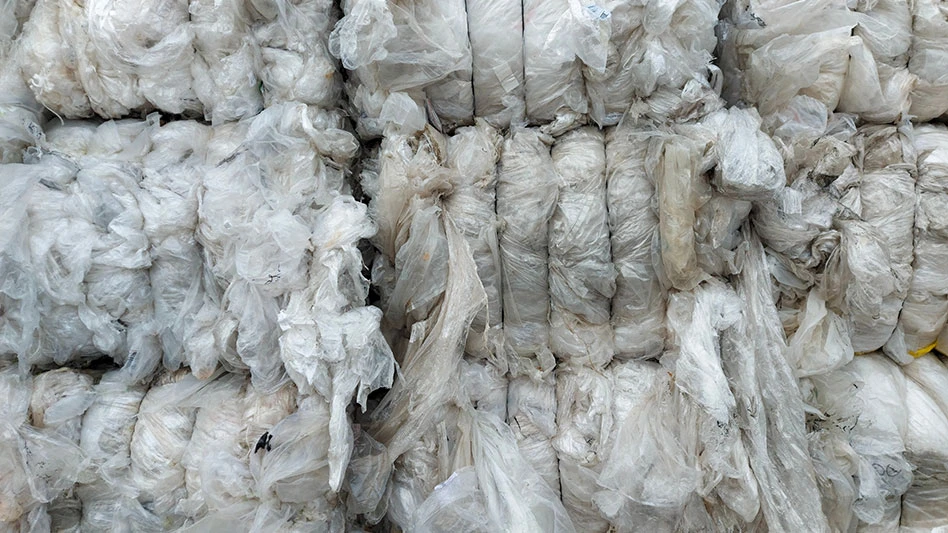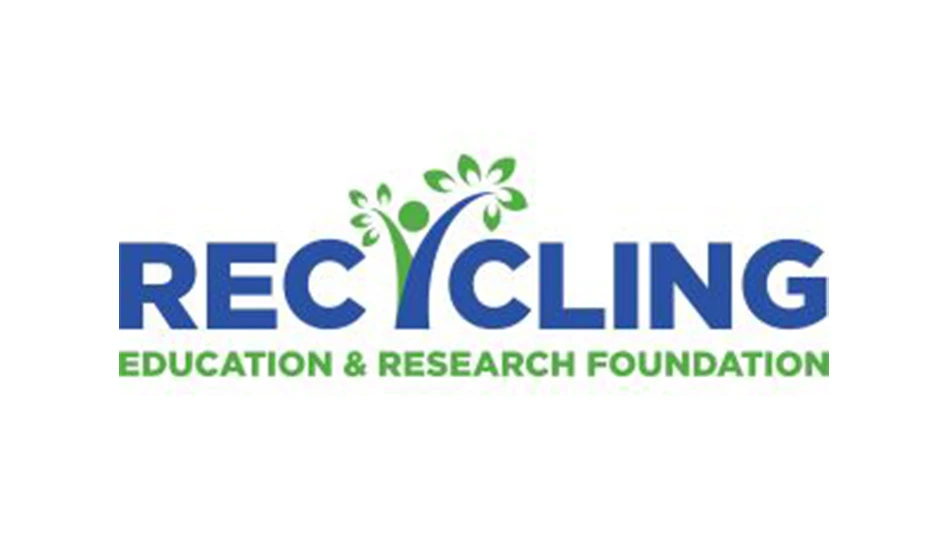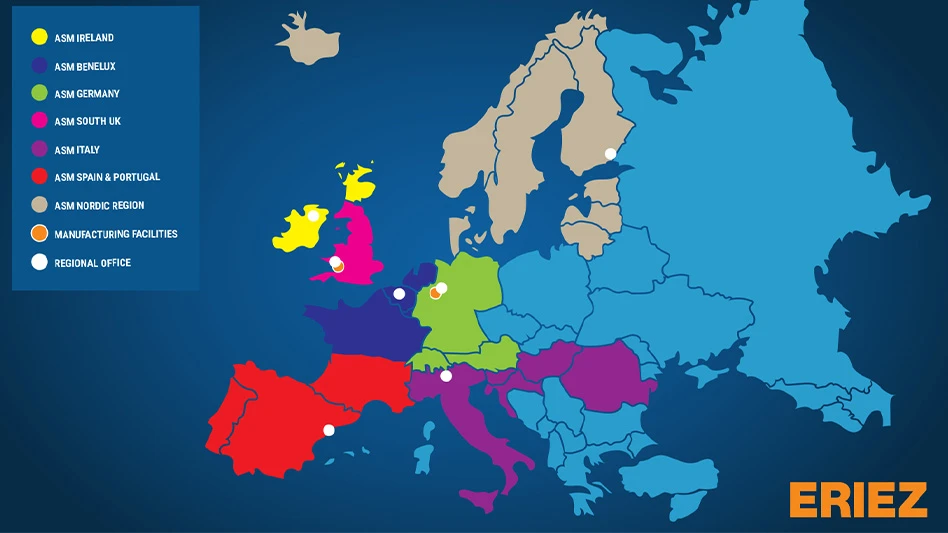Corporate spending on almost everything is down across the board, but managers involved in reverse logistics are optimistic they can keep their budgets intact.
In a presentation given at the Reverse Logistics Association (RLA) 2009 Conference, logistics industry analyst William K. Pollock says that 60 percent of respondents to a recent survey of his says the importance of reverse logistics has increased because of economic conditions.
Even in the recessionary climate many of these same corporate managers, 33 percent of all respondents, anticipate an increase in their reverse logistics budget for 2009. Only 14 percent of respondents anticipate a decrease.
In his 2009 survey, 74 percent of respondents cited reverse logistics as “very” or “extremely” important, which is up from 61 percent who selected such phrasing in 2006.
In tabulating his survey results, Pollock, who is vice president-principal analyst with the Aberdeen Group, divided respondents into best-in-class, industry average and laggard companies, based on such factors as profit margin.
Pollock found that the best-in-class companies were able to achieve their results by decreasing the average cost of a transaction and improving the “velocity” or turnaround time of handling returned or unsold merchandise.
The best-in-class companies also tend to outsource many of their reverse logistics functions, including transportation and repair and refurbishment operations.
In terms of the challenges when it comes to outsourcing, 52 percent of responding OEMs and retailers cited accountability/performance management as the leading concern when such operations are contracted outside the company. Some 24 percent of respondents also cited ensuring data security as a challenge.
The 2009 Reverse Logistics Association Conference & Expo was held in early February in Las Vegas.
Latest from Recycling Today
- 2026 Circular Steel Summit: Taking stock of tariffs
- CDRA Conference & Tradeshow 2026: Addressing battery fire risks
- Darda equipment now available in North America
- Struktol's ZB 47 and ZB 49 improve processability in rubber compounds
- Volatility wave hits copper pricing
- ArcelorMittal legal battle with Italy continues
- Altor program boosts EPS recycling
- IP to spin off non-North American operations





